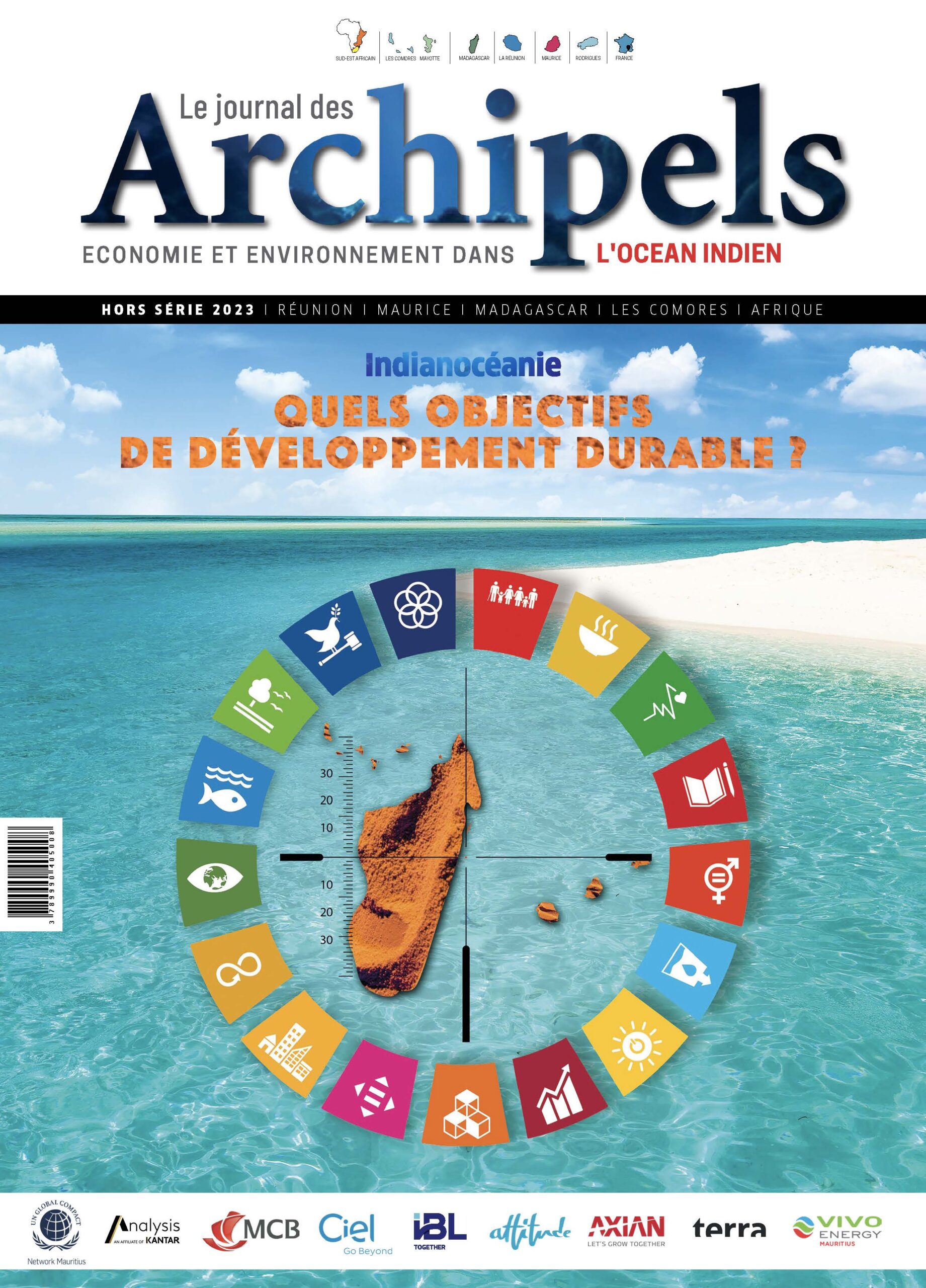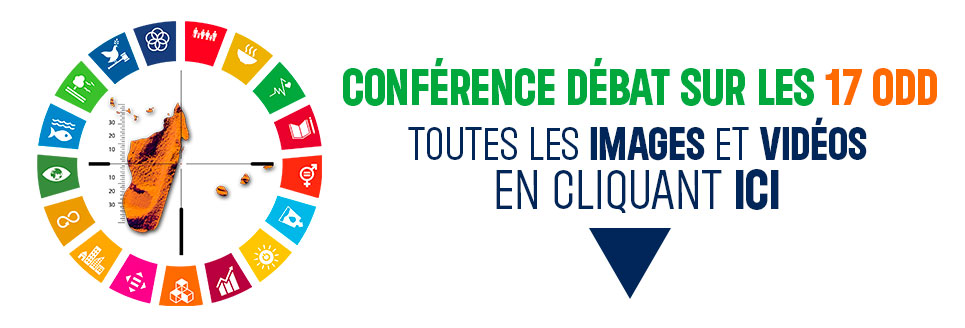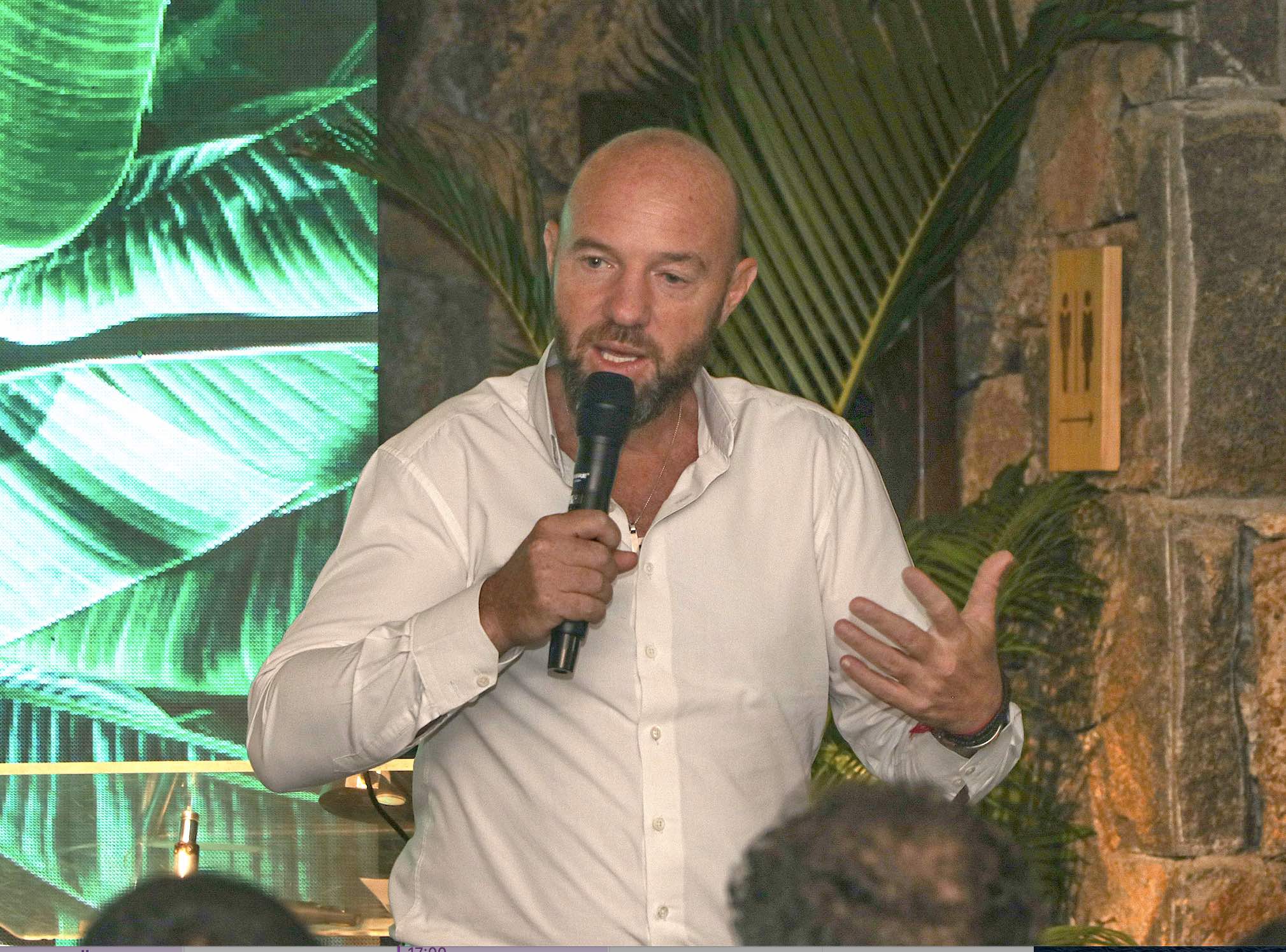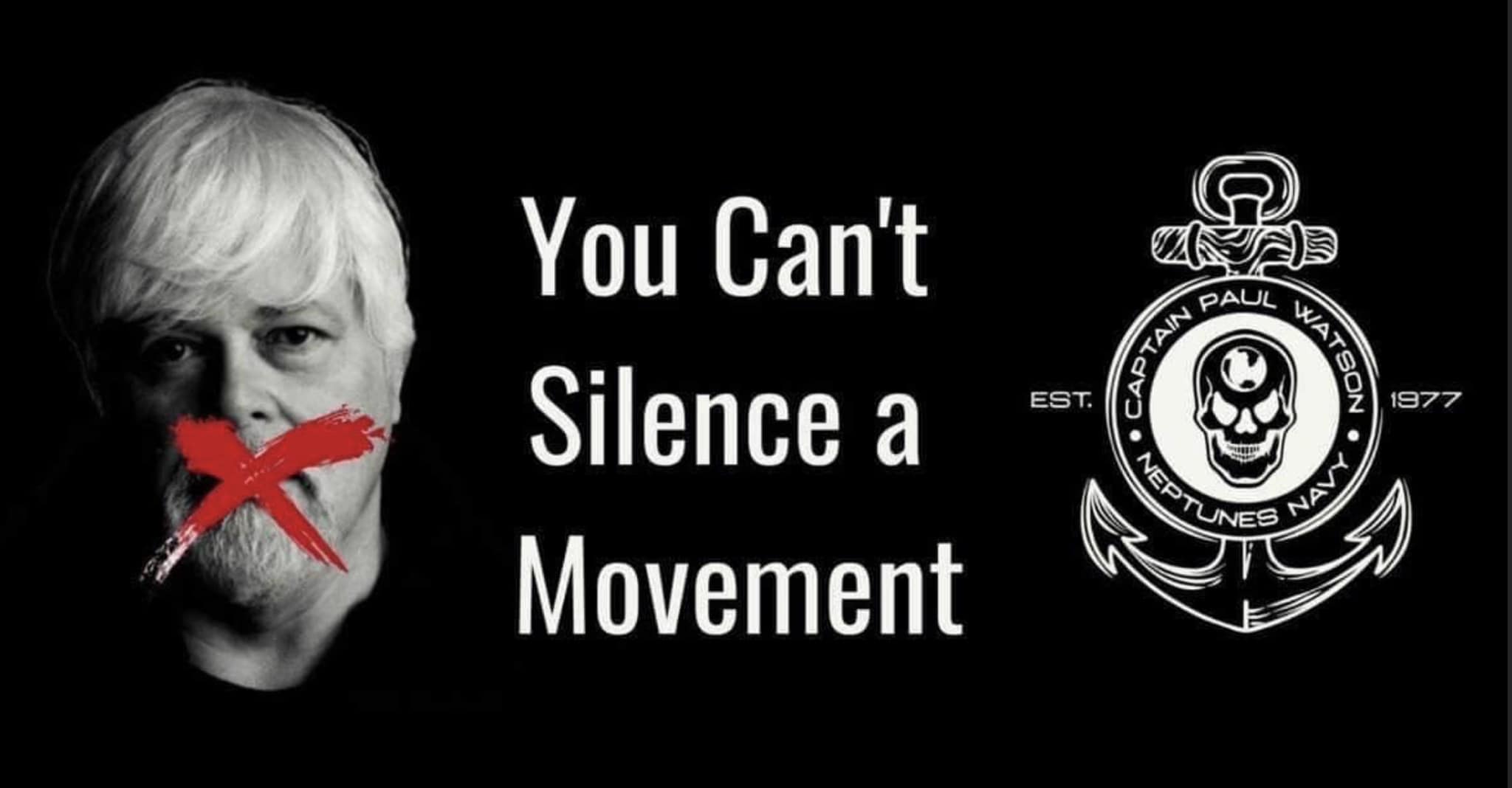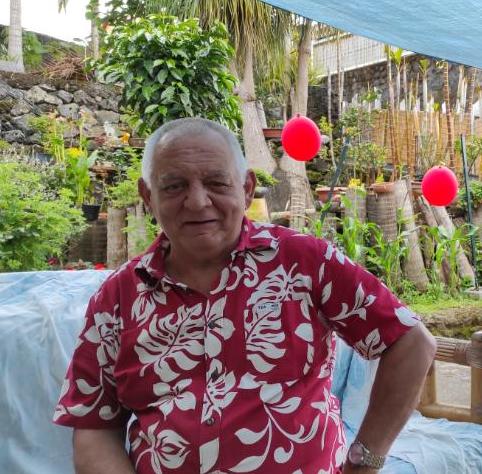Our correspondent in Reunion Island, Olivier Pioch, has made a precise inventory of all the waste flows in the French department, the management of which is organized by five public institutions*. Excerpts from the report on waste recovery in the Indian Ocean to be read in full in our paper edition of the magazine.
Waste management in Reunion Island is essentially structured around five public establishments of inter-municipal cooperation (EPCI) which are responsible for waste prevention and collection: CINOR, TCO, CIVIS, CA Sud and CIREST. These EPCIs have delegated their “treatment” competence to two mixed syndicates that manage all the collection and sorting centers in the territory: ILEVA, which has been treating waste in the South and West since January 2014, and SYDNE, which has assumed this competence in the North and East since May 2015. Beyond the public operators, 14 eco-organizations ensure collection from professionals within the framework of extended producer responsibility (EPR). And social economy associations (Emmaus, ADRIE, etc.) are working hard to reuse, repair and recycle products. In the end, this coverage ensures the collection and processing of approximately 600,000 tons of waste each year. In detail, door-to-door collection generates a little more than 230,000 tons of residual household waste (unsorted waste that is placed in the general waste bins, generally blue or green); 30,000 tons of dry recyclable waste excluding glass (packaging, paper, cardboard, which is placed in the yellow bins); 33,000 tons of bulky waste (small furniture, household appliances, collected once a month on average at the roadside) and 102,000 tons of green waste (grass clippings, branches, leaves, collected every two weeks in front of our houses). To this, we must add the waste received at voluntary drop-off points: 78,000 tons for the island’s 37 waste collection centers; 15,000 tons of glass deposited in dedicated bins; 15,000 tons of various economic activity waste (metals, construction materials, collected by private operators); and finally 65,000 tons of EPR waste collected by the eco-organizations, which are responsible for recycling it.
By our correspondent in Reunion: Olivier Pioch Photography: Pierre Marchal *Data from the waste characterization study conducted by ADEME Reunion in 2018.





